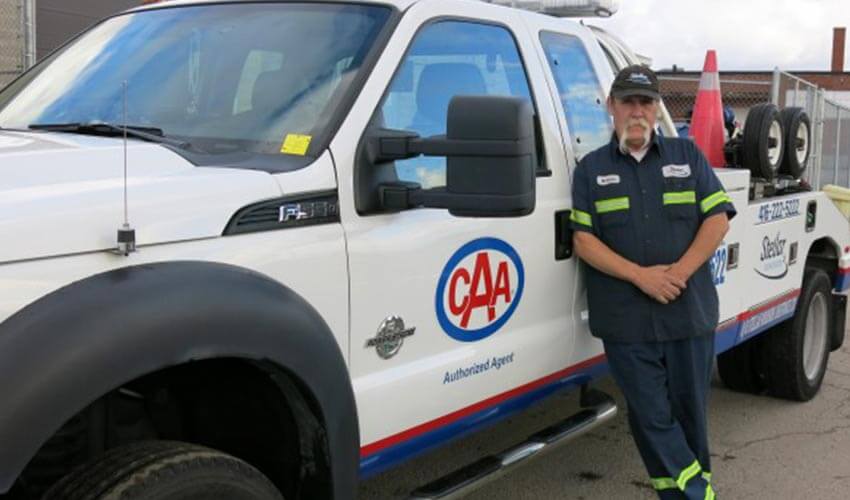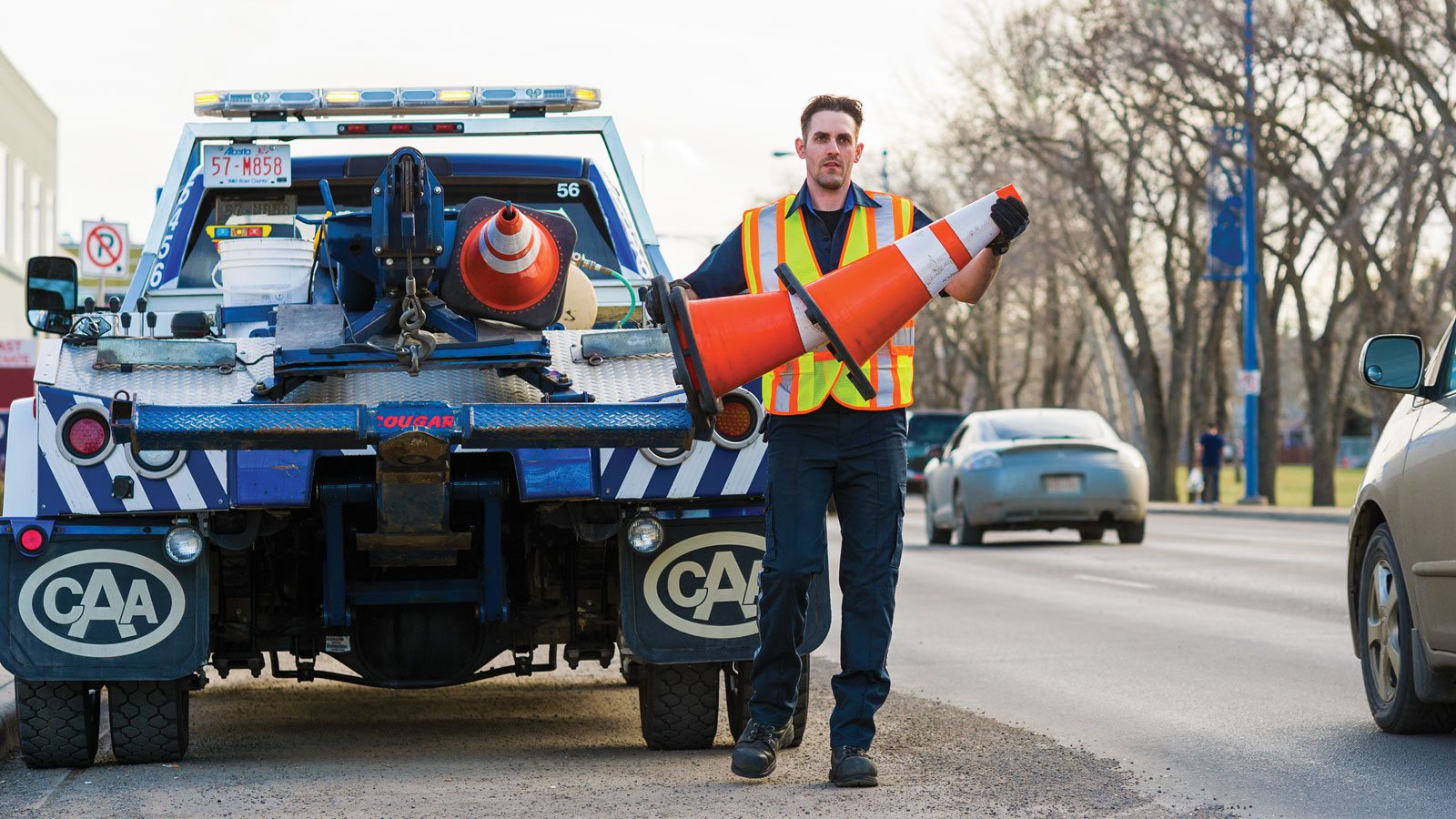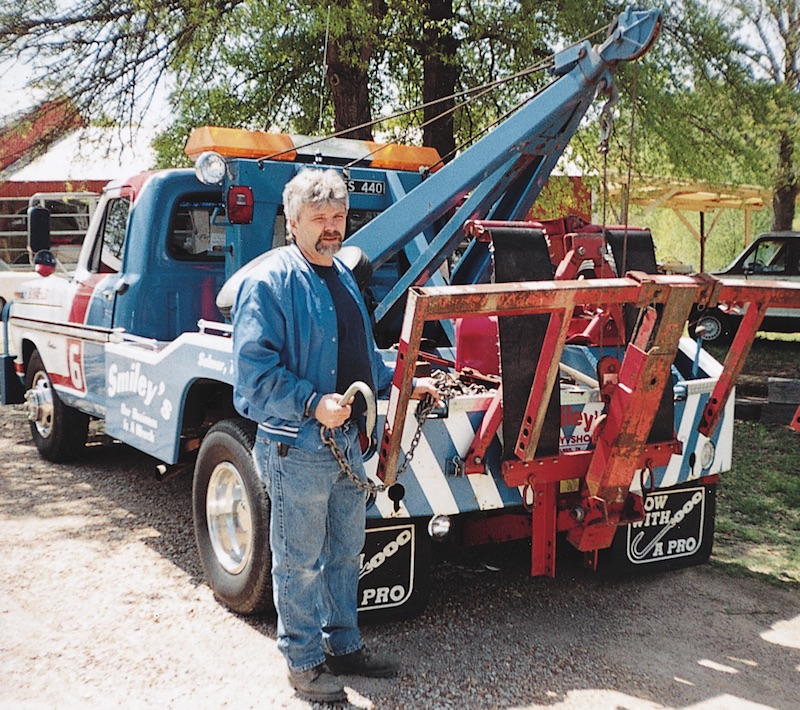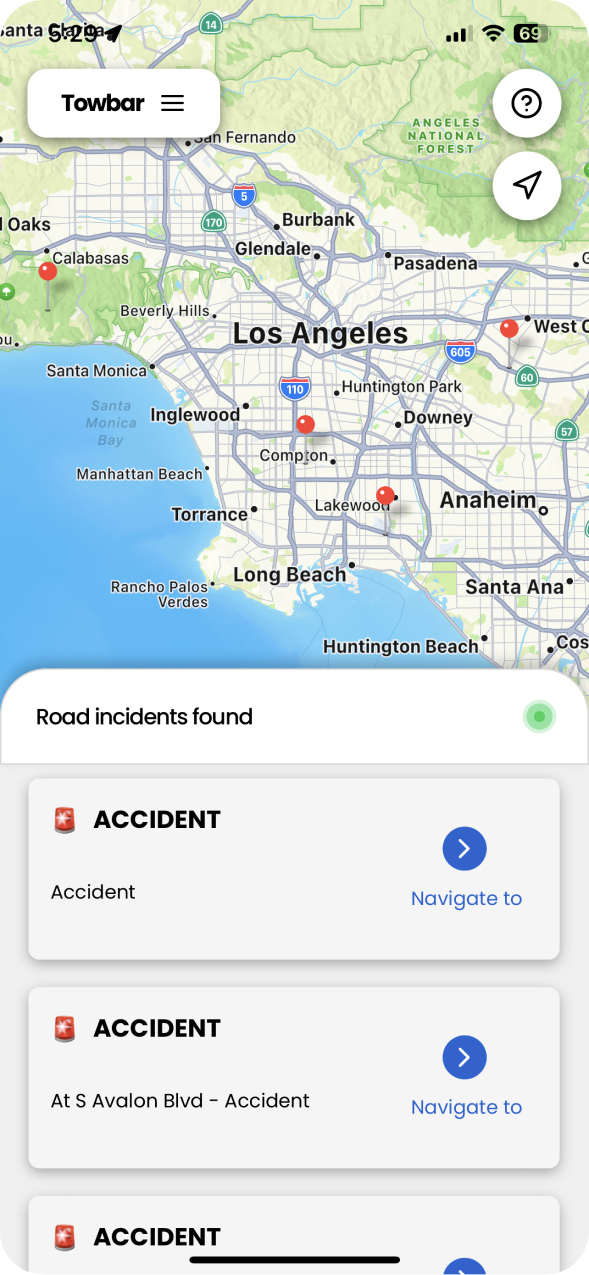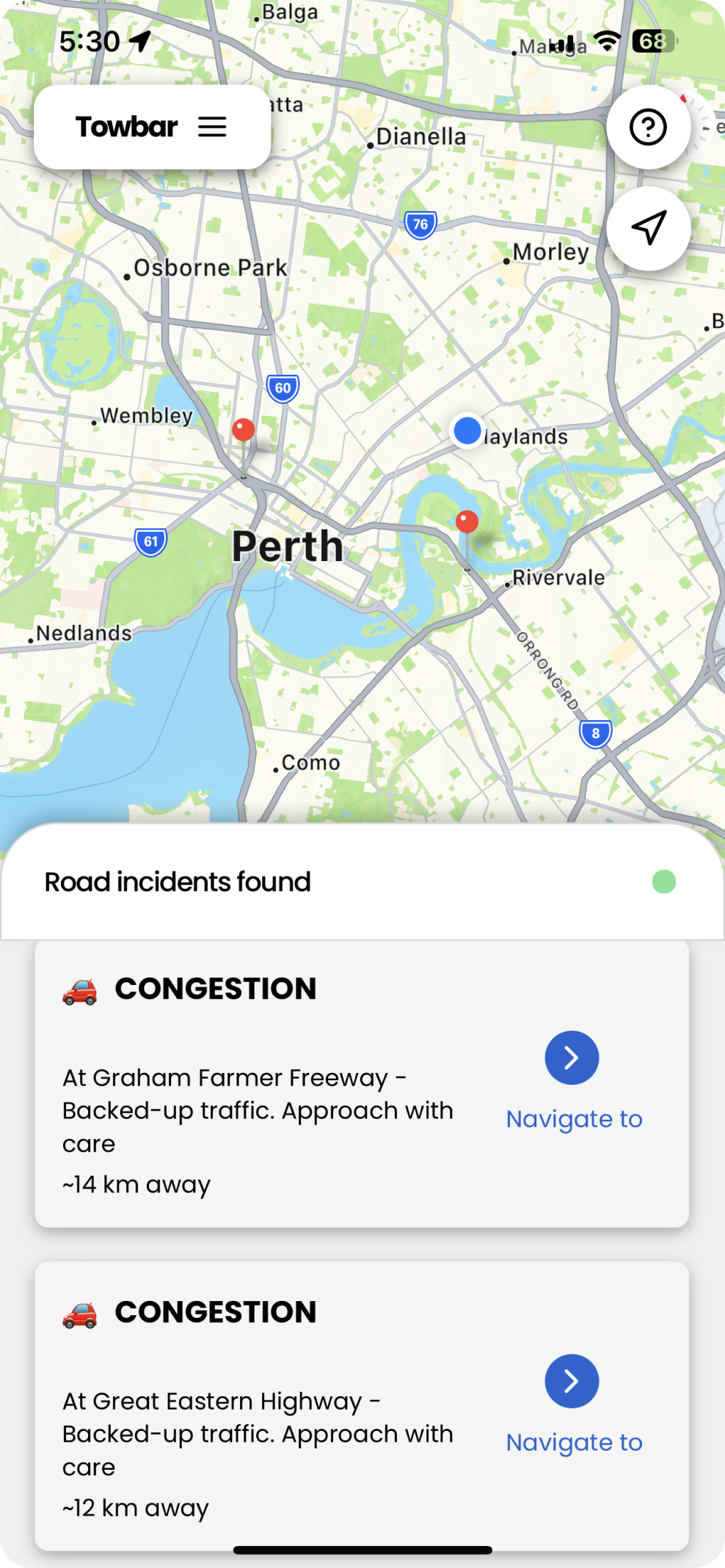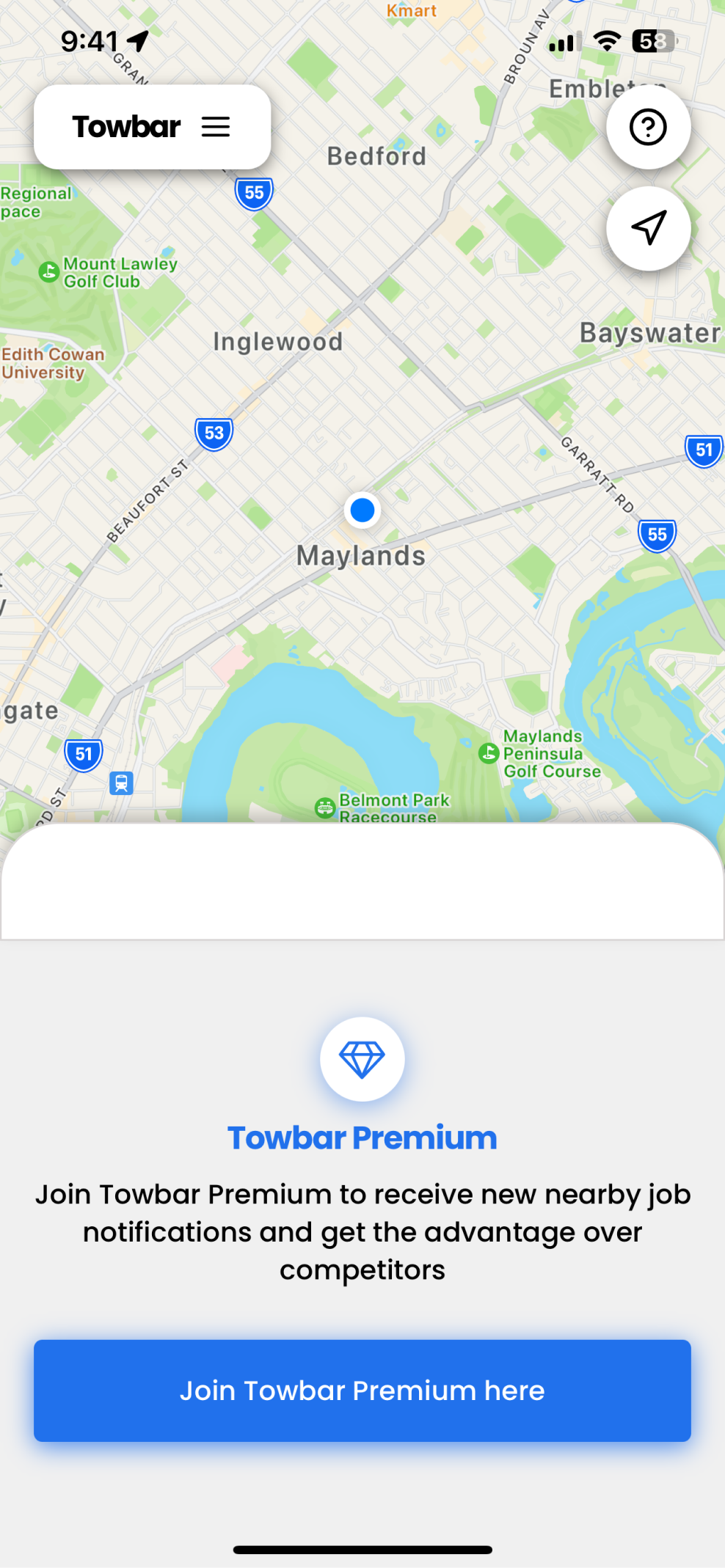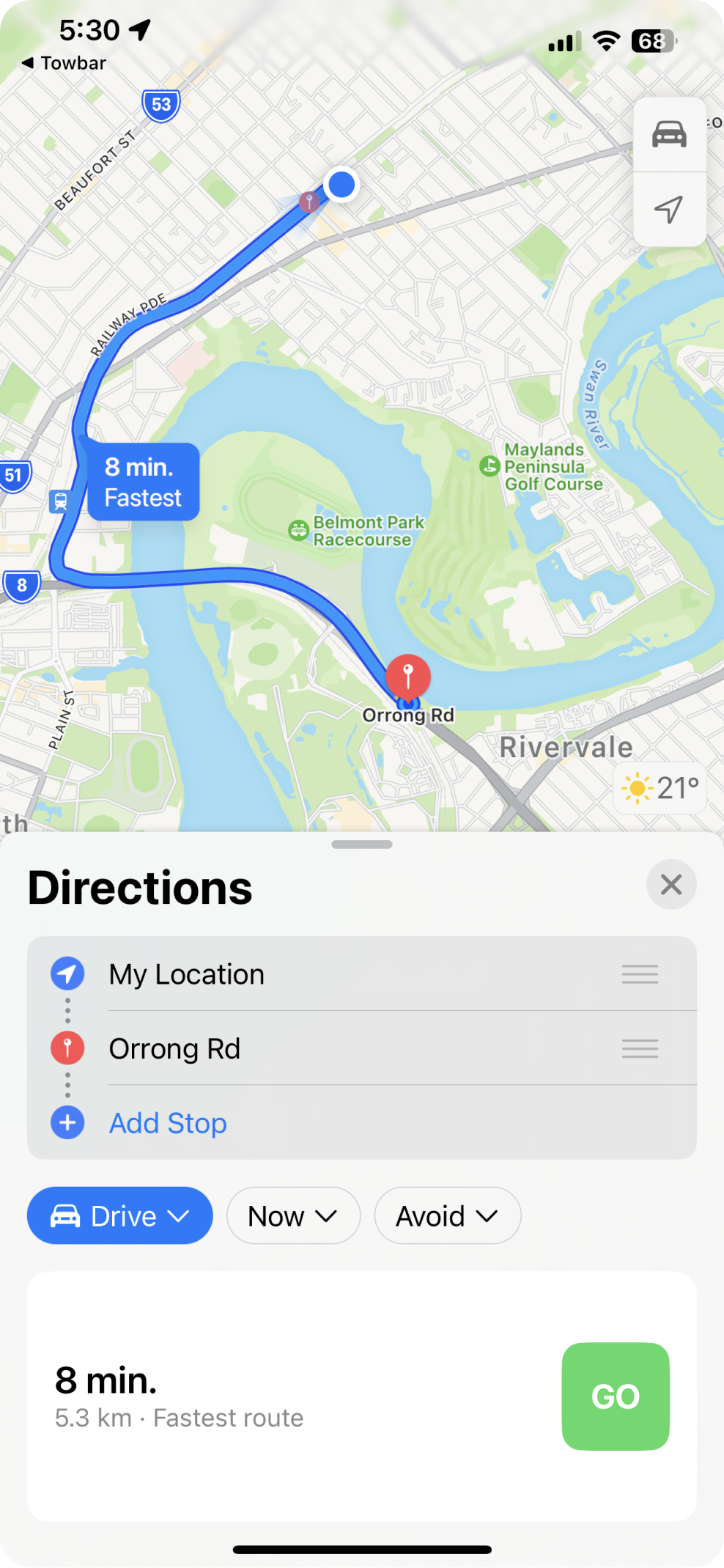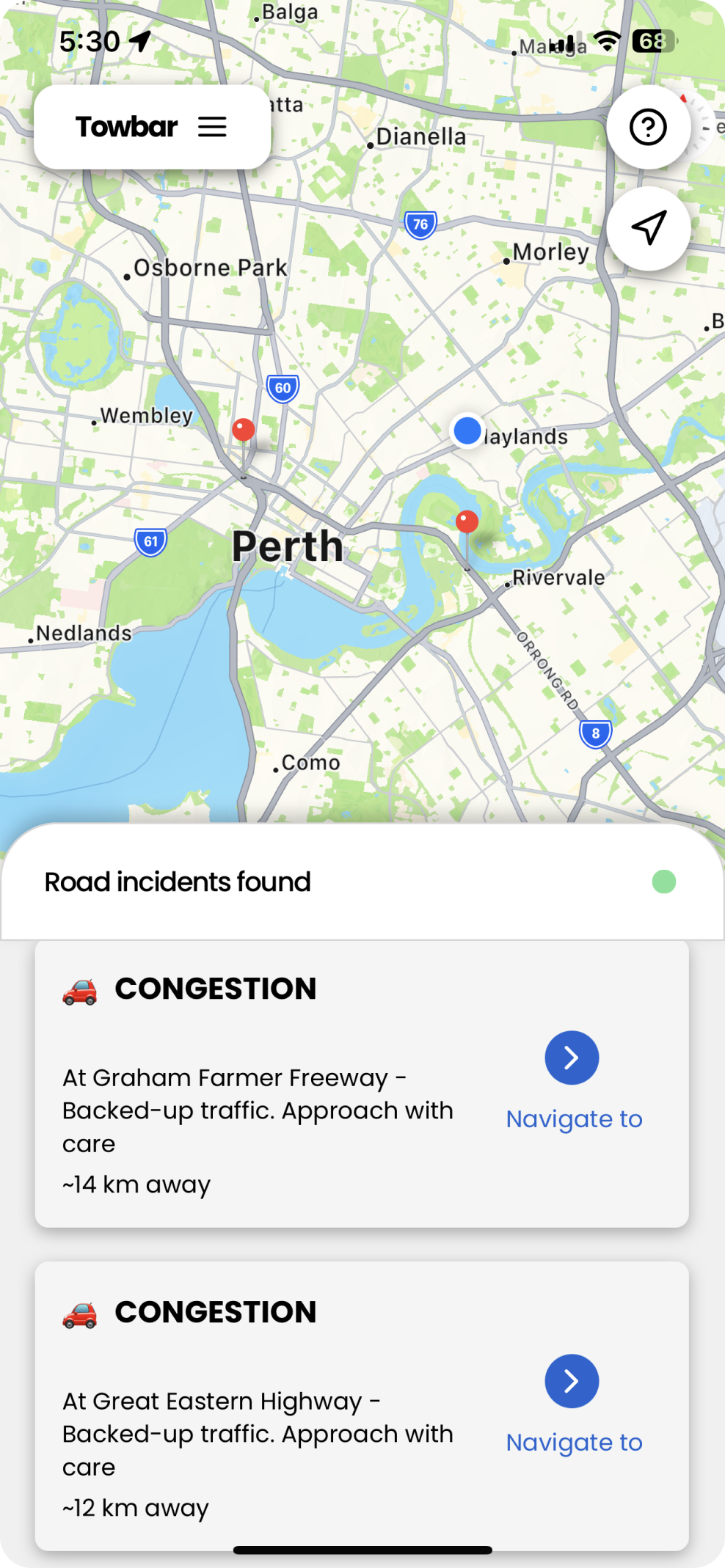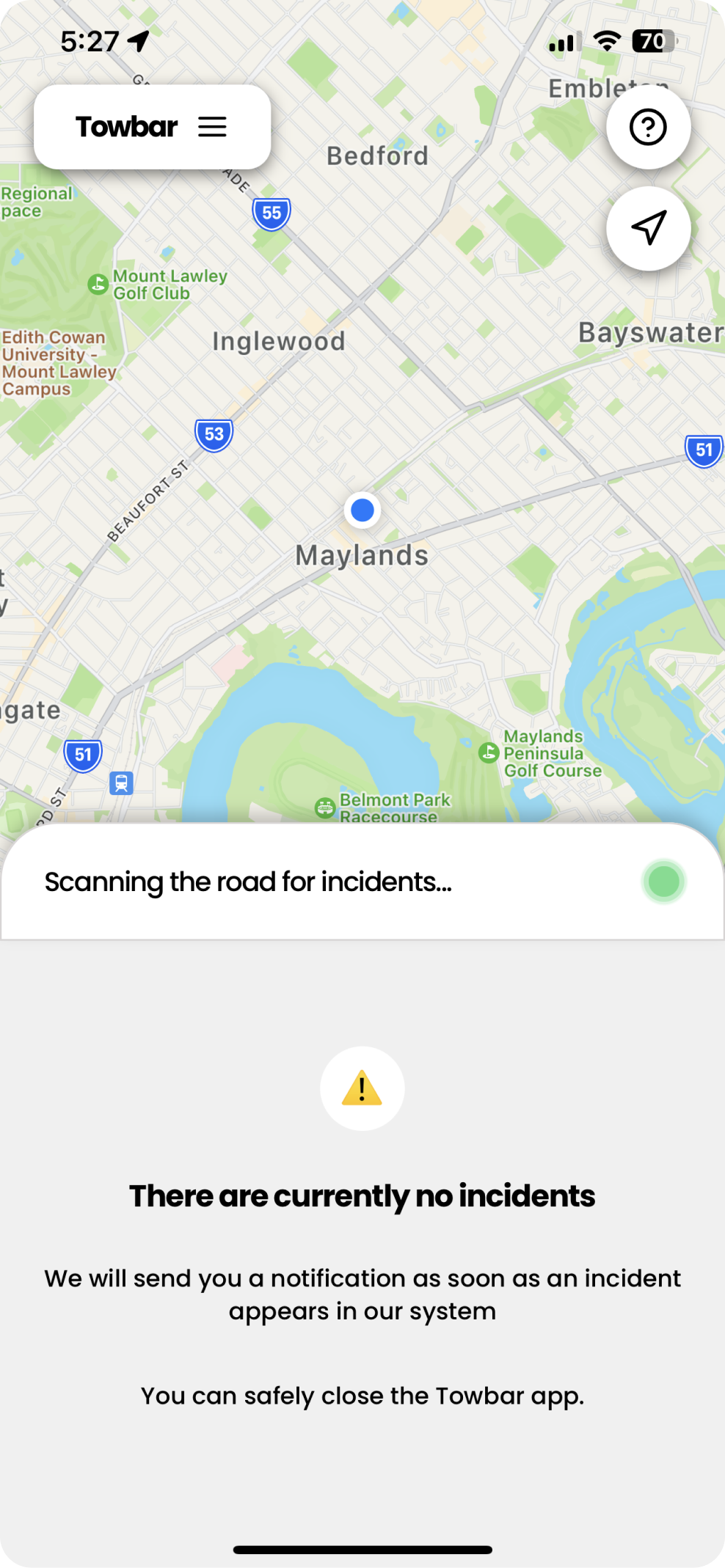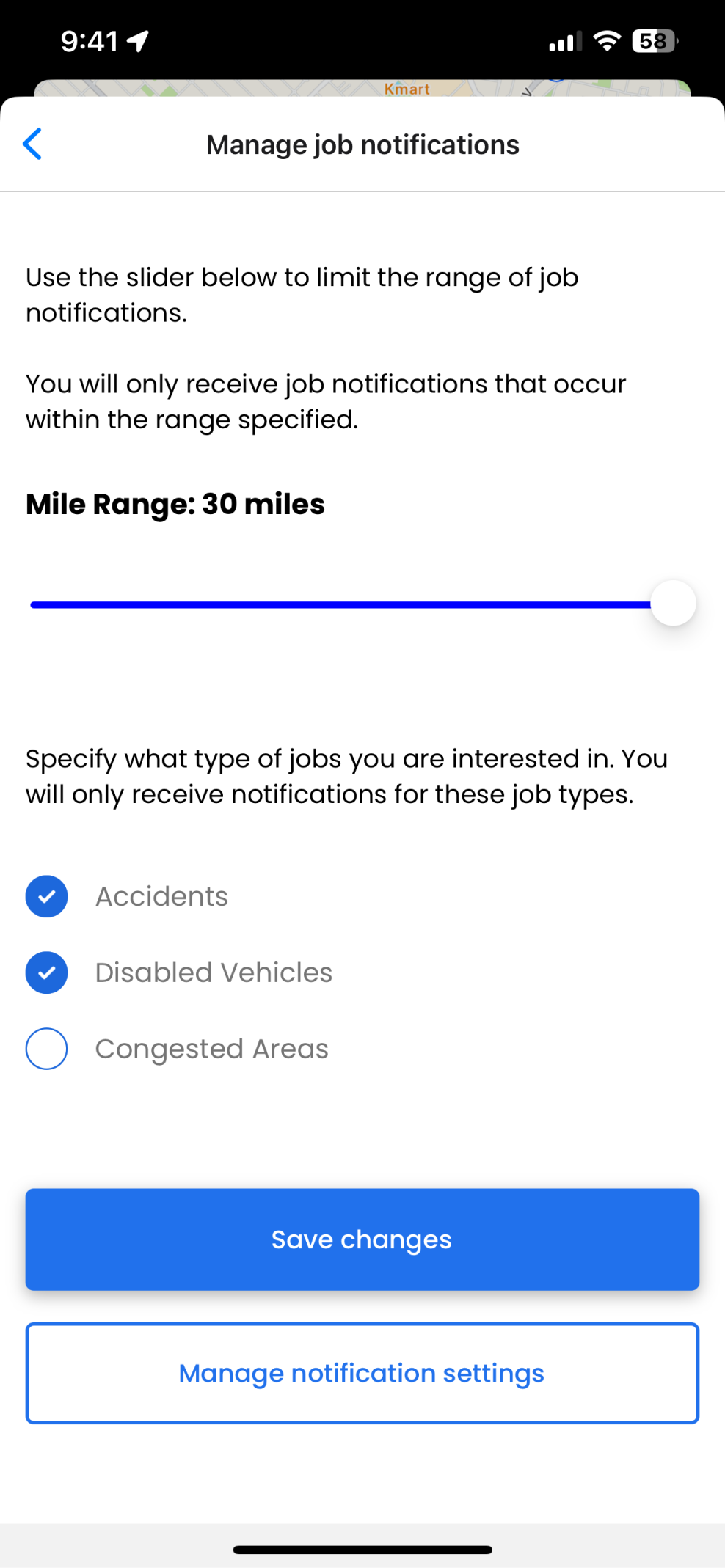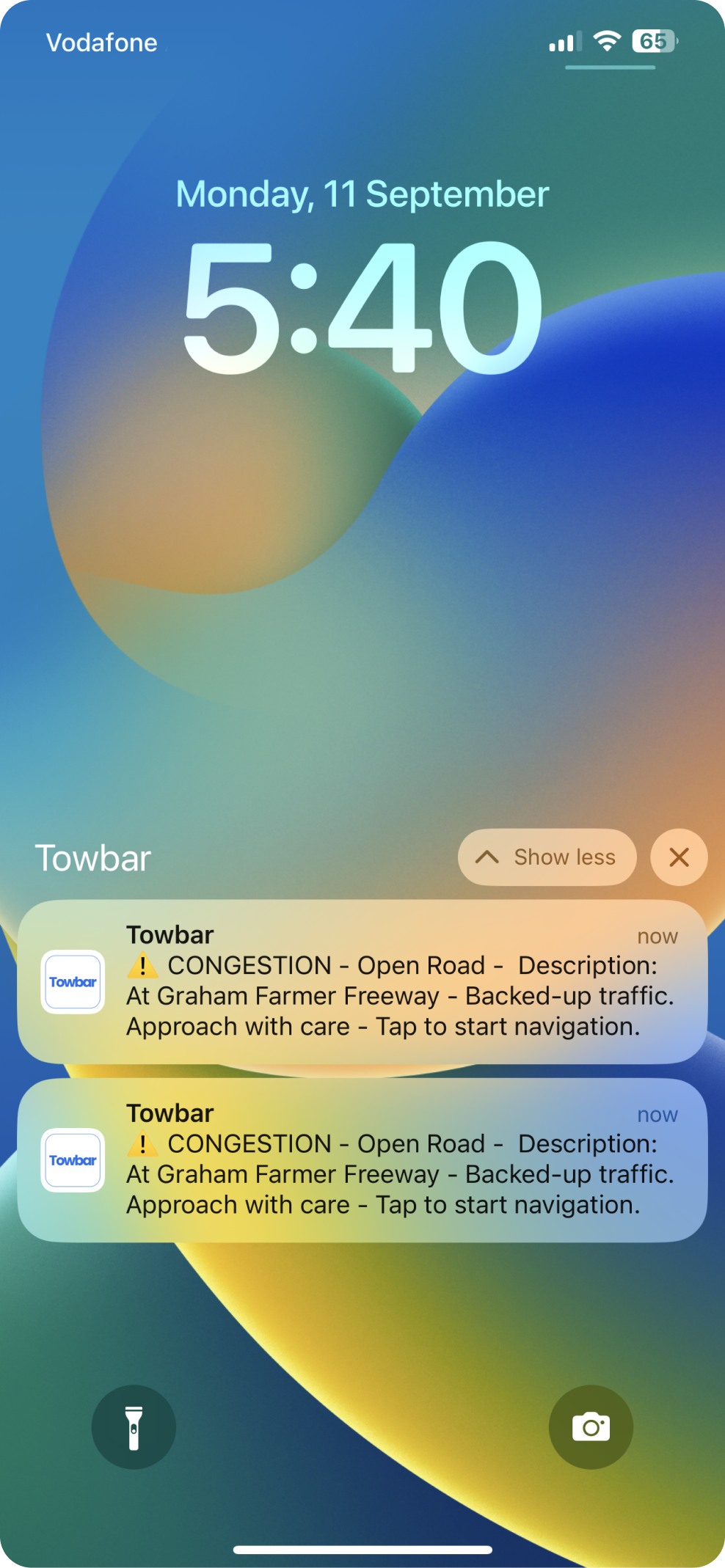Maximizing Your Towing Business in the Digital Age
In the ever-advancing world, digital tools are reshaping the towing industry. Discover how real-time alerts
and route optimization can boost your business efficiency and profitability.
The digital age has
unlocked new horizons for towing businesses. With real-time alerts, tow truck drivers can respond to calls
promptly, increasing the number of jobs they can take on daily. Additionally, GPS and route optimization
mean quicker response times and more efficient fuel usage. Investing in a robust software solution can
streamline operations from dispatch to billing, reducing errors and time spent on paperwork.
Digital marketing strategies, such as search engine optimization (SEO) and social media presence, can
significantly expand your customer base. A well-designed website and an active online profile can make your
business the go-to for towing needs in your area.
Furthermore, embracing mobile technology with apps like Towing Job App - Global provides a direct line to
customers who need immediate service. These tools also aid in fleet management, allowing for seamless
communication between drivers and dispatchers.
The Essential Safety Tips Every Tow Truck Driver Should Follow
Safety is critical in towing operations. Explore the best practices that tow truck drivers should follow to
ensure their safety and that of others on the road.
- Wear appropriate gear: High-visibility clothing is a must, as are steel-toed boots,
gloves, and hard hats when required.
- Perform regular vehicle inspections: Before hitting the road, ensure your tow truck is
in optimal condition. This includes checking lights, brakes, hydraulics, and the condition of the tow
equipment.
- Follow loading protocols: Always adhere to the proper techniques for securing vehicles.
Use safety chains and wheel straps to prevent any movement during transport.
- Stay aware of your surroundings: Be vigilant of other drivers, especially when working
on the roadside. Always set up cones and warning signs to alert oncoming traffic.
- Maintain a safe speed: Never exceed speed limits, especially when towing a load. Adjust
your speed according to road conditions.
- Stay updated on training: Regularly participate in safety courses to stay informed on
the best practices and legal requirements for towing.
Navigating the Challenges of Towing in Inclement Weather
Bad weather can significantly increase the hazards of towing. Here’s how tow truck drivers can prepare for
and safely navigate towing in inclement weather conditions:
- Check the weather forecast: Always be aware of the weather conditions before heading
out for a job.
- Equip your tow truck properly: Ensure your truck has tires suited for the weather, and
all lights and signals are working correctly for visibility.
- Adjust your driving: Reduce speed and increase following distances in poor weather.
Allow extra time for maneuvers.
- Use additional safety gear: In snow or rain, use extra chains or straps as needed, and
make sure all safety equipment is weather-appropriate.
- Keep communication lines open: Stay in touch with your dispatch or support team to
receive updates on weather and road conditions.
- Take care of yourself: Wear weather-appropriate clothing and take regular breaks to
stay alert and maintain your focus on safety.


